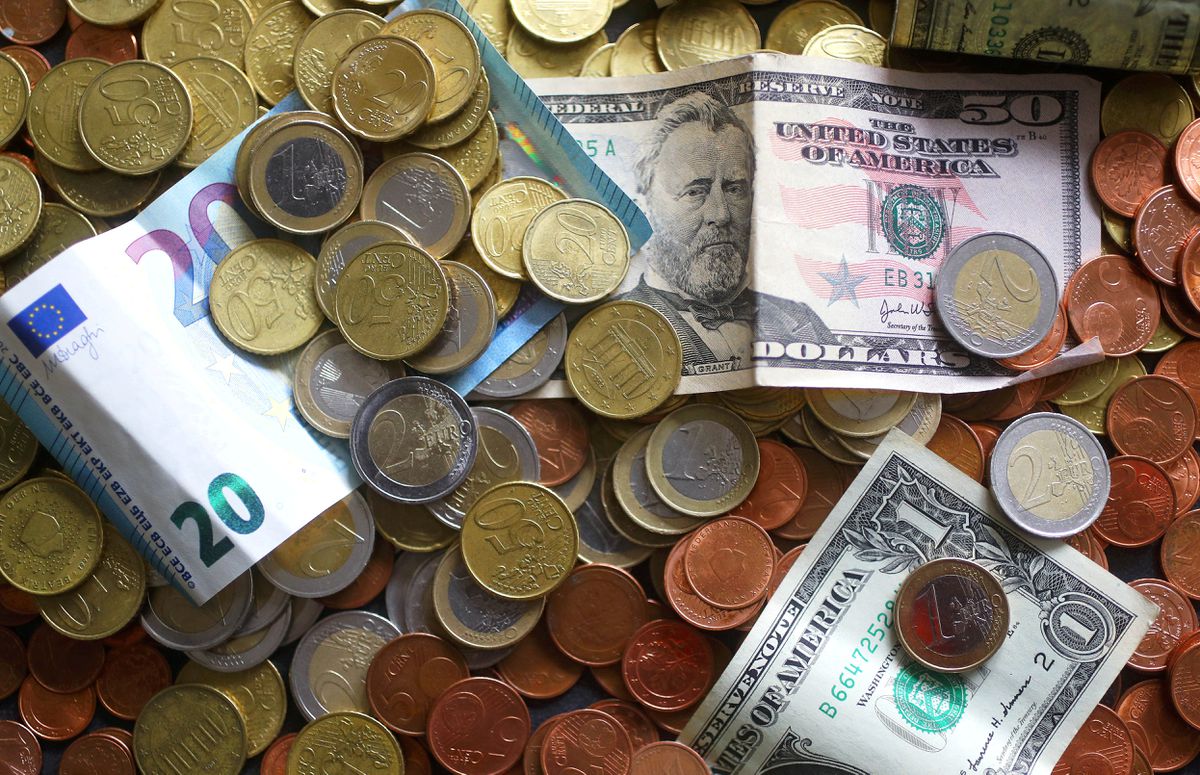The euro rose on Thursday ahead of the European Central Bank meeting expected to outline a clearer schedule for unwinding stimulus, opening up the possibility of a first rate hike later this year.
After touching its lowest since early March on Wednesday, the euro rose 0.12 per cent to $1.09050 at 0835 GMT, ahead of the meeting. The ECB is expected to give some clues on its coming policy amid record-high inflation and a war-related recession.
Antje Praefcke, FX analyst at Commerzbank said the market will refrain from a strong preference of the euro over the dollar until there is more clarity on whether the key rate will be raised in the fourth quarter.
“I think the market will want to wait and see how the Ukraine conflict and the energy sanctions develop,” she said.
The dollar index, which measures the greenback against six peers, was down 0.1 per cent at 99.702, after touching its highest of 100.520 since May 2020 on Wednesday, supported by a surge in Treasury yields this week.
But the benchmark 10-year Treasury yield rally paused, after rising to a December-2018 high, as inflation data this week, while high, was not as bad as some had feared.
The battered yen had some respite, making a small recovery from a 20-year low hit against the dollar.
More than three-quarters of Japanese firms say the yen has declined to point of being detrimental to their business, a Reuters poll found.
The Swedish crown traded 0.4 per cent higher to 9.4380, after surging to an eight-day high against the dollar as inflation data came in stronger than expected, bolstering expectations for a Riksbank’s rate hike sooner rather than later.
The bank had indicated in February it planned to keep rates at 0 per cent until 2024, which many now said is unrealistic.
Other central banks have reinforced the hawkish global sentiment by tightening monetary policy.
The Bank of Korea surprised markets with a rate hike, while the Monetary Authority of Singapore also tightened policy, sending the Singapore dollar to its highest since February.
On Wednesday, the Bank of Canada and Reserve Bank of New Zealand both raised rates by 50 basis points, the largest hike for each in around 20 years.







Click here to change your cookie preferences